A beginner’s guide to choosing a Forex trading account
Table of contents
There are many different trading account types in Forex, yet they’re usually categorized into three following segments: standard, mini, and managed. On top of that, many Forex brokers offer a demo account that you can use to practice your skills without risking your trading funds.
Each account type has its own advantages and disadvantages, and you should choose one according to your personal trading needs. The factors that you should pay attention to include your risk tolerance, the amount of money you wish to invest, and the amount of time you wish to dedicate to trading Forex.
In this guide, we will discuss the difference between standard, mini, managed, and demo accounts, as well as the main advantages and disadvantages of each one of them. Moreover, we will provide you with some main characteristics to look for in searching for a Forex account to open.
Open a micro account with HotForex now!
What are the main Forex accounts that you might come across?
Before making the final decision of which account you should open, you should probably understand what each of them encompasses and what are the main pros and cons of each one of them.
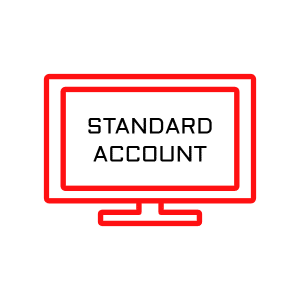 Standard account
Standard account
The standard trading account is most commonly used, and with it, you will be able to access standard lots of currency that will each be worth 100,000 USD. This does not necessarily mean that you have to deposit 100,000 USD to start trading with a standard account.
There are ways to avoid such a large size of the deposit, as one can utilize margin or leverage ( typically 100:1), and only deposit 1,000 USD for a standard lot to be traded. You, should, however, keep in mind that although leverage can significantly increase your potential profits, using it can also result in some devastating financial losses.
There are several benefits of using the standard account. Firstly, the gain potential with a standard account can be significantly higher. With each pip worth 10 USD, you will be able to earn 1,000 USD if your position moves by 100 pips within one day. Such gains cannot be possible with any other account type unless more than one standard lot is traded.
Another advantage of this Forex account is the quality of services and the additional features that the owners of the standard account have access to. This is the case because requires the traders to use it to invest quite a large capital up-front in order to trade full lots.
One of the most obvious drawbacks of using the standard account is the loss potential, which, much like the gain potential, is quite high, as there, too, if a position by 100 pips against you, you could be losing as much as 1,000 USD.
Another disadvantage of using this type of account is the capital requirement that comes with it. You will probably find that the traders that wish to open a standard account would usually need to deposit at least 2,000 USD, and sometimes even 5,000 USD or 10, 000 USD. Overall, professional traders note that the standard account will be most suitable to the traders with some knowledge and skill in Forex trading.
Mini FX account
This type allows traders to make transactions using mini lots. Usually, the mini lot equals one-tenth of a standard lot or 10,000 USD. Mini accounts are often chosen by the traders who do not wish to trade full lots because of the amount of money that should be invested into the standard trading accounts.
The main advantage of using such an account is the low risks associated with it. For example, by trading with a mini lot worth 10,000 USD, traders with less experience can try out different strategies and explore the market without causing too many risks to their funds.
On top of that, opening a mini account requires less trading capital, as it can be opened with only 250 or 500 USD, and you will be able to access leverage of up to 400:1. Finally, the mini account offers traders a greater degree of flexibility and risk management, since trading one full lot can, indeed, be risky, whereas trading multiple mini lots can help you minimize the risk of devastating losses.
As for the disadvantages of this trading account in Forex, the most obvious one is the low reward associated with it. While with a standard lot a pip is worth 10 USD, with a mini account only 1 USD per pip is produced.
Managed trading accounts
With managed trading accounts you invest your personal funds, yet the trading decisions are made by the account managers. Most of your input will revolve around making the deposits and setting the objectives for the account managers to achieve on your behalf.
Managed trading accounts are usually divided into two main categories:
- Individual accounts: this particular subcategory of the managed trading accounts involves a broker handling an account of each trader individually.
- Pooled funds: with this type of a managed account, your money will be added to the mutual funds of all traders, and the consequent profits are shared among them. Such accounts are usually further divided by the risk levels. if you are looking for higher profits, you can invest in an account with a higher reward/risk ratio, and, or the opposite if you are seeking steady income and lesser risks.
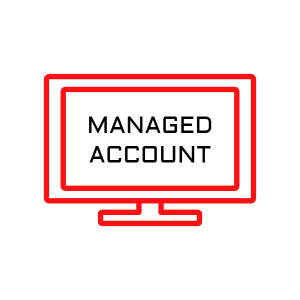 The benefit of this kind of this type of Forex trading account is the professional guidance that you receive when a professional broker is handling your account. On top of that, by opening this kind of account you can spend more time diversifying your portfolio instead of constantly monitoring a specific trading asset.
The benefit of this kind of this type of Forex trading account is the professional guidance that you receive when a professional broker is handling your account. On top of that, by opening this kind of account you can spend more time diversifying your portfolio instead of constantly monitoring a specific trading asset.
As for the disadvantages of the managed trading account, there are a few to mention. To begin with, managed trading accounts can be quite pricey, as the usual requirement for the minimum deposit can reach 2,000 USD for the pooled accounts and 10,000 USD for the individual accounts. What’s more, you should probably expect an additional commission fee for the account maintenance, which is usually charged either on a monthly or yearly basis.
Finally, with the managed trading account you will not be able to enjoy the autonomy that comes with all the other trading accounts. For example, if you see the market moving, you will not be able to act on it, as you would have to rely on your broker to decide whether or not it is worth reacting to the relevant market development.
Demo account
What’s more, a demo account is often listed by professional traders as the best Forex account type for beginners. A demo account is very similar to a regular, live account, as it usually offers very realistic ( or even identical) market conditions. The only difference between the two is that the former does not put your actual money at risk, as the virtual funds are used instead.
Demo accounts are often used by inexperienced traders who are anxious about going straight into the actual Forex trading and seek a way to practice their trading skills and gain an understanding of how the market works, without putting their hard-earned funds at risk. Moreover, demo accounts are sometimes used by experienced traders who wish to test out a new trading strategy, platform tool, or feature.
Test trading strategies – HotForex Demo Account
Here are some benefits of using a demo account:
- Demo accounts allow its users to learn some of the basic trading skills and avoid the common mistakes, that beginners often make – for example, opening a trade by accident.
- A demo account can help you determine the trading asset that you prefer to trade, as well as the best time to trade it to gain the most profit.
- With one of the demo Forex broker accounts, you can find the trading strategy that suits you best
If you open a demo account with the same trading platform that you intend to use in the future, you can both learn to trade with it confidently, and determine whether or not you want to use it at all.
The main drawback of the demo account is that no matter how realistic it is, it cannot become a full substitute for the actual trading experience. Unfortunately, a demo account does not account for some important factors that can often influence the trader’s decision-making, including the fear of failure, or the overall emotional state of the trader.
Which factors should you consider when choosing a trading account?
There are several factors that traders pay attention to when choosing a trading account to open. Your final decision will probably be influenced by factors such as your personal trading needs, the size of the capital that you wish to invest, and your trading experience. Nevertheless, there are several overarching considerations that are worth keeping in mind while researching different Forex account types.
Trading platform and exposure to different markets
According to Forex trading experts, the trading platform that you will end up using can become one of the most important components of your trading career. Whether or not you will be successful often depends on how fast your trading software of choice proceeds your orders, or how much exposure to the various trading assets does it have to offer.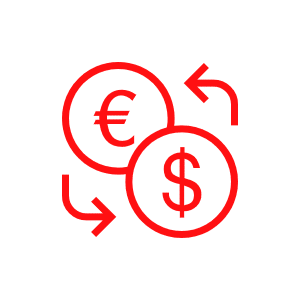
It is hard to list down the best Forex trading platforms available on the market today, as what is the best solution for you depends heavily on what you wish to gain from the Forex trading – and whether or not a certain platform can cater to your needs. Nevertheless, some of the general characteristics of good trading platforms include:
- A variety of trading assets to choose from
- Real-time market data
- Efficient and accessible customer support
- A range of tools and features
- An automated trading option
- Comprehensive charting tools
Transaction costs of account types in Forex
A majority of people who join the field of Forex trading, at least to some extent, hope to gain some profit from their respective trading sessions. While working out an efficient trading strategy that would ultimately bring you high returns is, indeed, important, it is no less important to hold on to the profits that you have earned.
Thus, while choosing a trading account to open, it is worth paying attention to the factors such as the commission fees, transaction costs, and spreads, as you may find that it is possible to lose a lot of money on the aforementioned costs of a trading account.
STP vs ECN accounts
STP and ECN accounts are also referred to as non-dealing desk accounts, which means that in using those, you will be less likely to come across a broker taking the opposite side of your trade. In turn, with the STP or the ECN account, your orders will be directed straight through the liquidity provider or into the interbank market. Thus, the functions of your accounts are limited to matching your orders with the other orders on the market.
Here is the difference between the STP and the ECN Forex account types explained:
- With Stop/ Straight Through Processing (STP), the orders are routed directly to the broker’s liquidity providers, usually via the broker’s own internal system. Liquidity providers are often big banks or hedge funds.
- The Electronic Communication Network (ECN) operates in a similar manner, however, the Forex traders using it can trade directly with the liquidity providers.
Final thoughts on Forex trading accounts
Depending on whether you wish to trade with actual capital, or practice the trading skills you can choose between the life of a demo trading account. Moreover, you can also choose the live account that best suits your trading needs among the variety of options available – including standard, mini, and managed accounts.
Before making the final decision on which trading account to open, it is recommended that you spend some time doing research and determining which of the available alternatives can best cater to your needs in trading. Some of the features to keep in mind while looking for a live trading account to open are the transaction costs associated with it, the reliability of the trading platform, and the range of markets available.




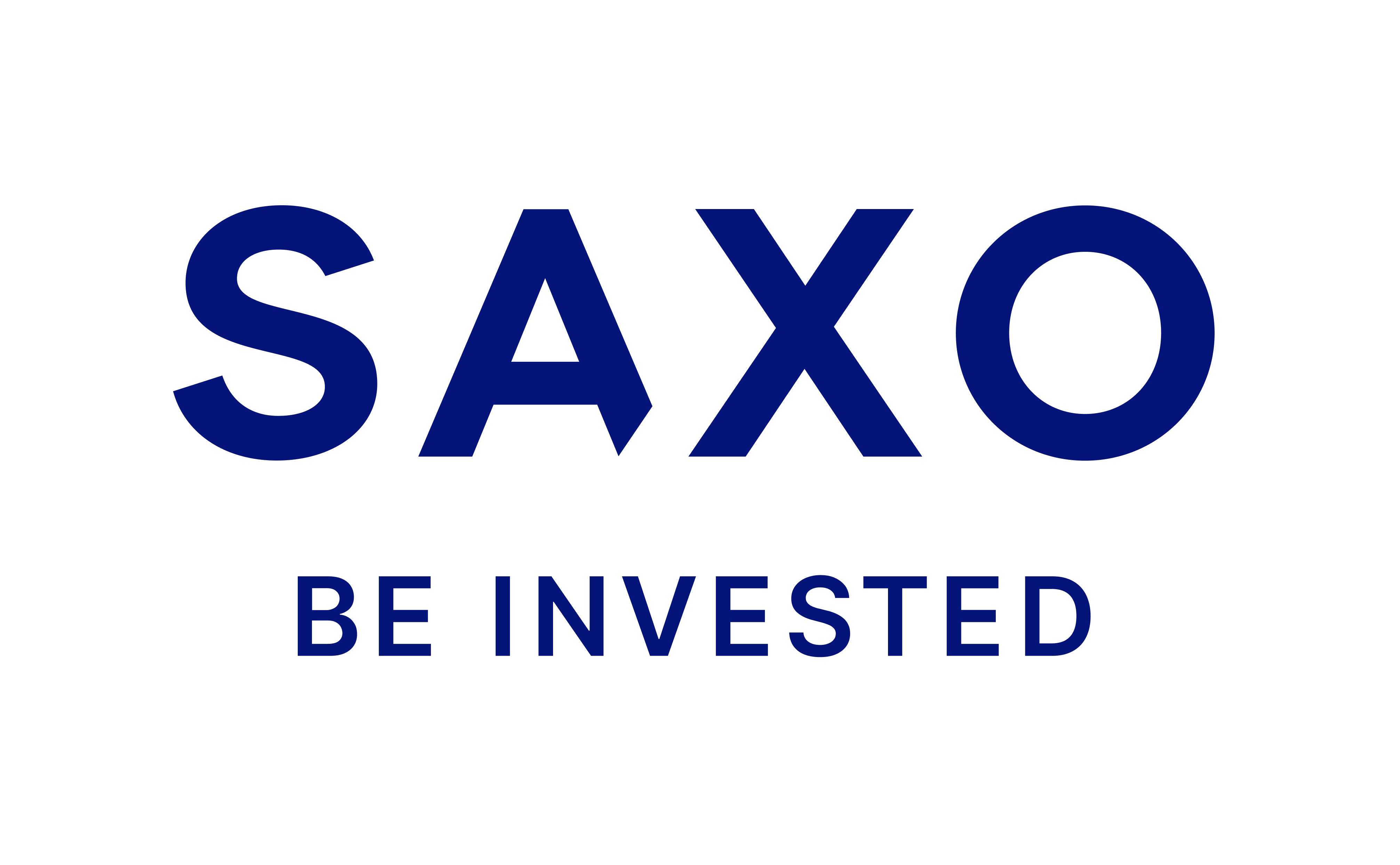




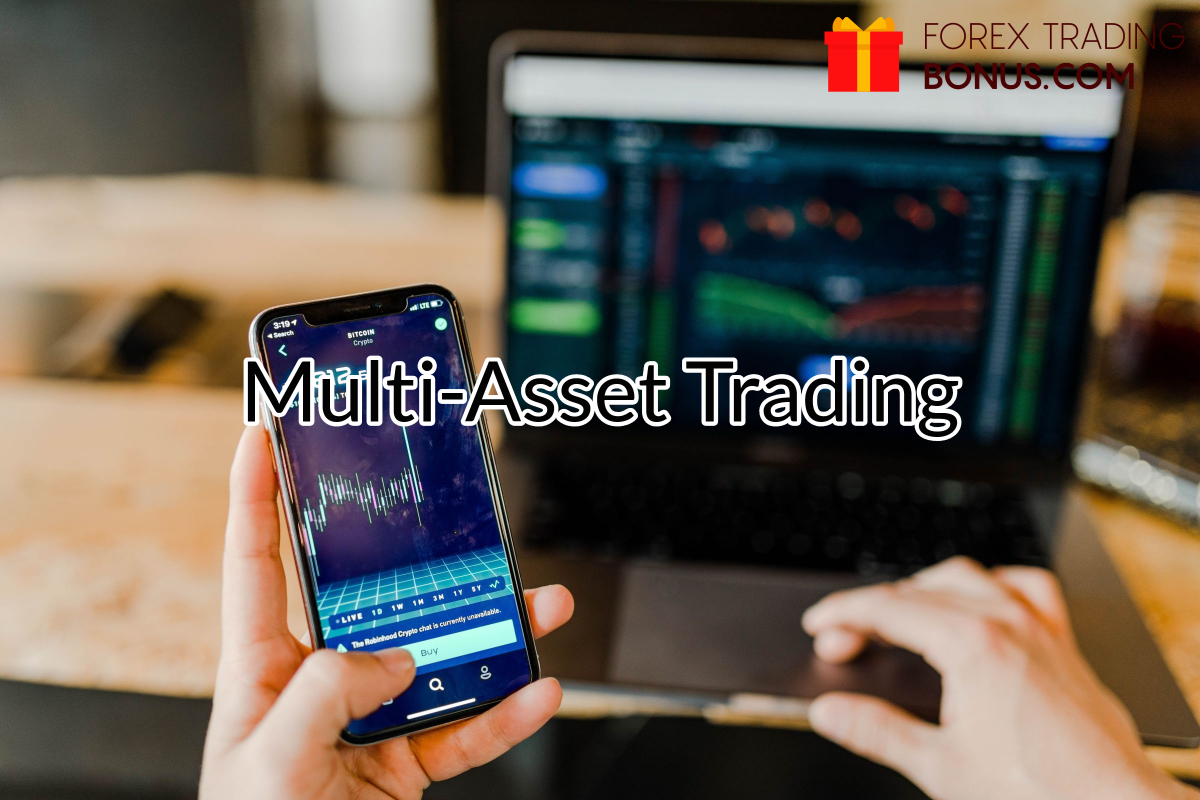
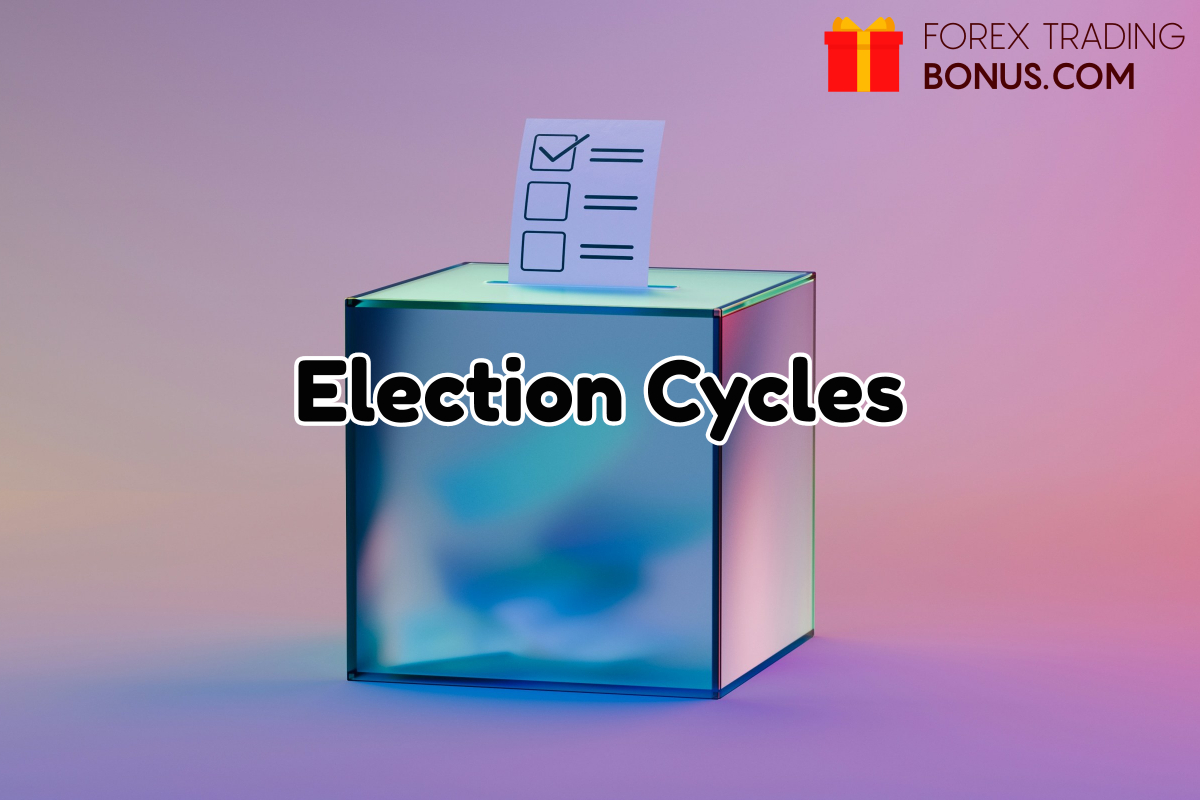
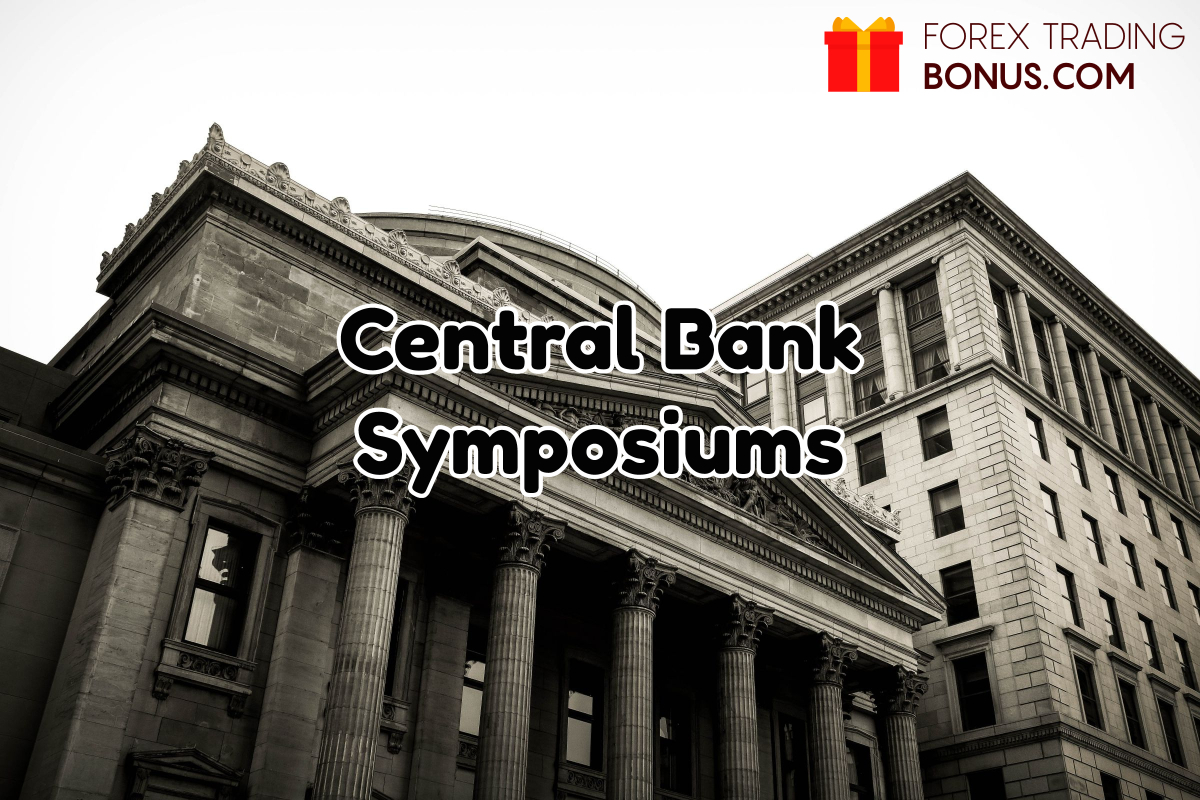

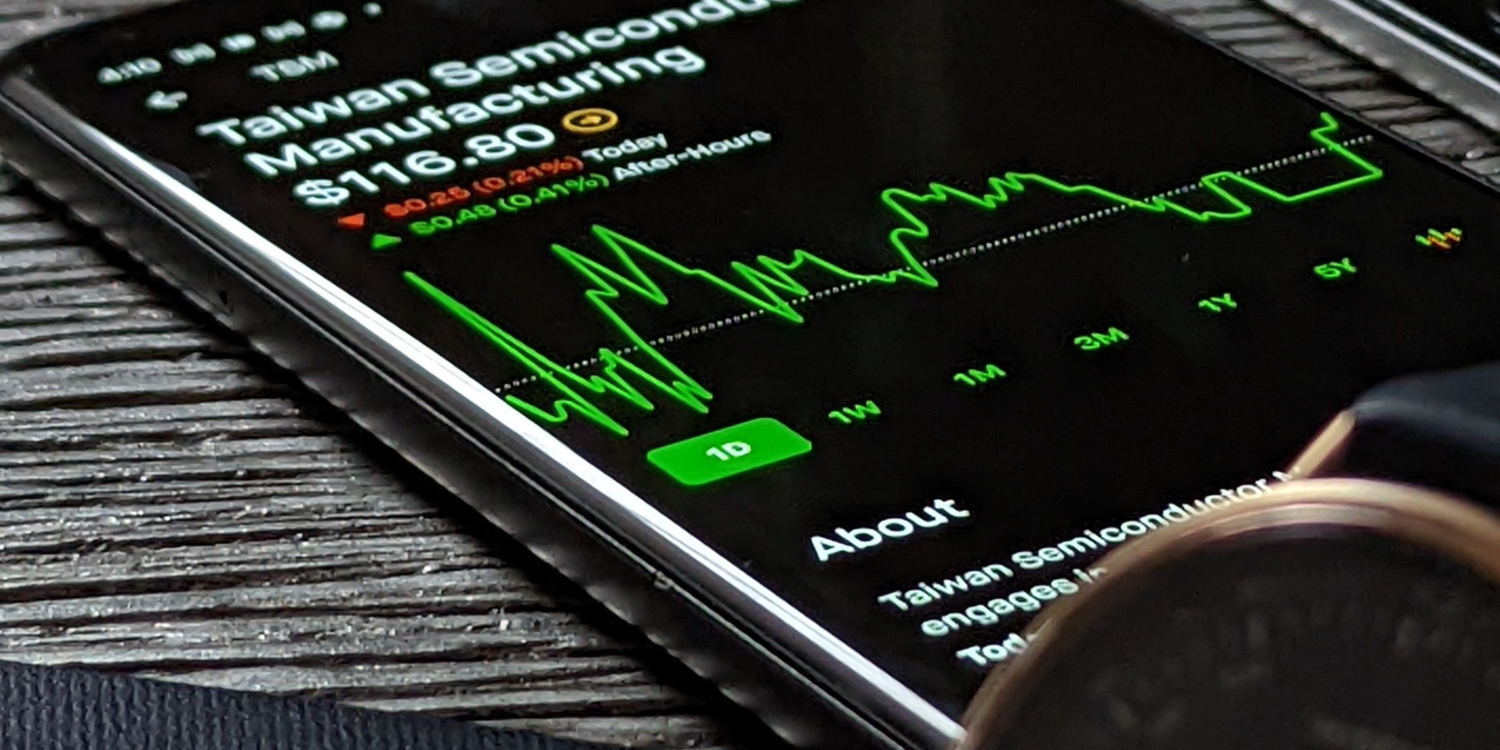








Comments (0 comment(s))